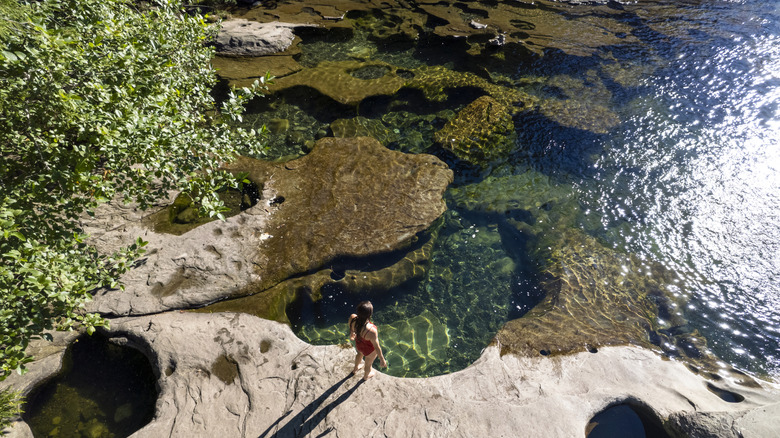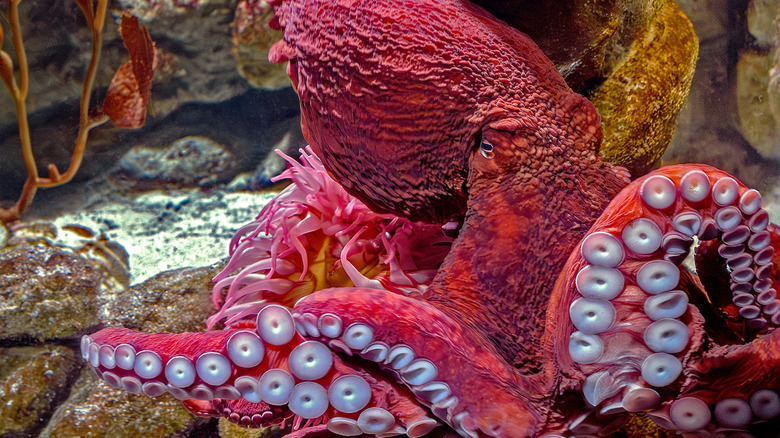Snorkeling And Diving On Canada's West Coast Is All About Shipwrecks, Giant Octopuses, And Sponge Reefs
While Canada might not be the first destination that comes to mind for a perfect snorkeling vacation, the west coast of Vancouver Island and the Gulf Islands offer some of the most unique and biodiverse snorkeling experiences (and a popular treetop attraction, too) in North America. With a temperate climate, waters teeming with life, rich marine ecosystems, and even rare sponge reefs, this region surprises visitors with its underwater splendor.
The waters off Vancouver Island and the surrounding Gulf Islands typically range from 44 to 52 degrees Fahrenheit (7 to 11 degrees Celsius) year-round, making them temperate rather than tropical. While a wetsuit or drysuit is highly recommended, those who brave the cooler temperatures are rewarded with sights found nowhere else.
The marine ecosystem here is incredibly vibrant, thanks to the nutrient-rich currents of the Pacific Ocean. Snorkelers can expect to encounter vast kelp forests, colorful anemones, and a wide range of fascinating sea creatures. This region is especially renowned for hosting the Giant Pacific Octopus, the world's largest octopus species, as well as the elusive Wolf Eel, known for its fearsome appearance and curious personality.
Expect to see very rare marine flora and fauna
Other marine life includes Lumpsuckers (tiny, balloon-like fish that cling to rocks), schools of Dogfish sharks, Skates, and even the mysterious Six-Gill Sharks, which dwell in deeper waters but occasionally come close enough to be spotted by lucky snorkelers. Along the rocky seafloor, divers and snorkelers can also explore massive rock formations and shipwrecks, many of which are now artificial reefs hosting coral, sea stars, and crustaceans.
One of the most spectacular features unique to the region is the presence of glass sponge reefs — a rare and ancient life form once thought to be extinct. Found in the deeper channels between the islands, these sponge reefs provide habitat for hundreds of species and are a true marine treasure.
Thanks to cold, clear water and relatively low plankton levels in certain months, visibility can be surprisingly good, often reaching 70 to 80 feet, and even up to 100 feet in optimal conditions. Spring and early fall tend to offer the clearest underwater views.
In short, snorkeling off Vancouver's "Wild West Coast" may require a little extra gear, but it rewards adventurers with a diverse, otherworldly marine world that rivals any tropical destination, just in a cooler, more rugged setting.

